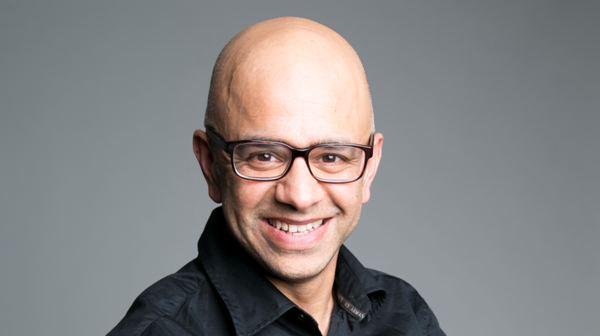‘Digital’ will eventually become an obsolete term, but for now it’s here to stay
Mark Ritson’s call for the death of the ‘dreaded D word’ within the marketing lexicon is premature, writes Vijay Solanki.
At this year’s Mumbrella360, one of the many things that Mark Ritson opined was that it was time to banish the word ‘digital’ from the marketing lexicon.

Vijay Solanki, CEO of IAB Australia
My take on it is a resolute “not yet”. The word digital will ultimately disappear, but currently we are still in the first stage of digital marketing. There is still considerable distance to be travelled before digital is firmly implanted in the boardroom, and within the consciousness of all marketers.


I think digital will become an obsolete term when baby boomers leave the board room and pass on their pedestal to the digital natives.
Wow, I thought that train left the station years ago.
Digital is not a medium but a delivery platform.
100% of TV is digital. More people read news content online than in print. Majority of cinema is digital. OOH is rapidly switching to digital. Digital radio is growing.
So what is it that what many still call ‘digital’ has that makes it unique and strong.
One word.
Interactive.
I note that some people and industry bodies refer to it as interactive. Feel free to join these enlightened ones anytime you feel is right.
Like Ritson, I’m still interested to meet the people in agencies and media buyers who aren’t part of the digital team. Presumably still using typewriters and banging on about how they prefer candlelight.
Of course the term is redundant. For most clients, the obsession with all things digital is just another sign that the agency might not realise that my main interest is whether their ideas will actually sell more of my stuff. #justsaying
Completely agree. Many a time we have we rejected proposals which try to ‘sell’ being digital and not focusing on results driven activities which deliver “more of our stuff”.
—
Selling ‘digital’ is akin to selling the ability to print on paper and tape it on a board at the front of one’s shop… Except for this time, it’s a few words in a Google Ad or a poorly written Facebook post with some never to be used hashtags.